Shakespeare for Freedom: Why the Plays Matter
Shakespeare for Freedom presents a powerful, plausible and political argument for Shakespeare's meaning and value. It ranges across the breadth of the Shakespeare phenomenon, offering a new interpretation not just of the characters and plays, but also of the part they have played in theatre, criticism, civic culture and politics. Its story includes a glimpse of 'Freetown' in Romeo and Juliet, which comes to life in the 1769 Stratford Jubilee; the Shakespearean careers of the Leicester Chartist, Cooper, and the Hungarian hero, Kossuth; Hegel's recognition of Shakespearean freedom as the modern breakthrough; its fatal effects in America; the disgust it inspired in Tolstoy; its rehabilitation by Ted Hughes, and its obscure centrality in the 2012 Olympics. Ultimately, it issues a positive Shakespearean prognosis for freedom as a vital (in both senses), unending struggle. Shakespeare for Freedom shows why Shakespeare has mattered for four hundred years, and why he still matters today.
{{comment.content}}
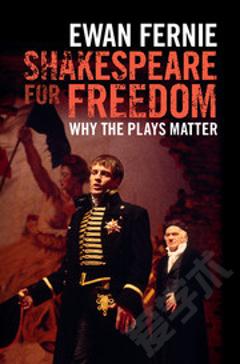
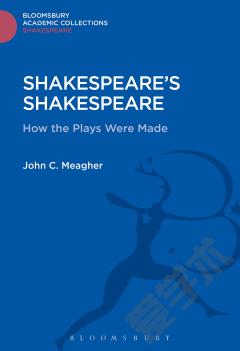
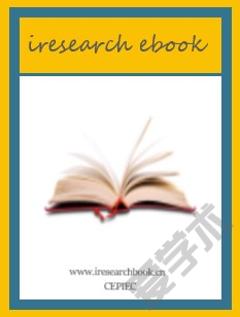
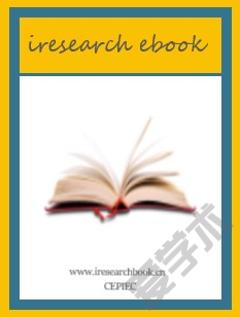

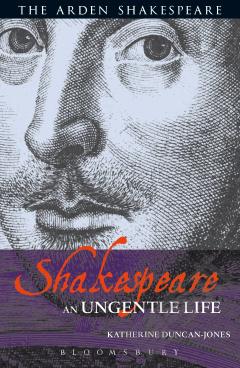
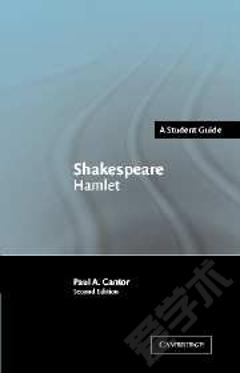

 京公网安备 11010802027623号
京公网安备 11010802027623号